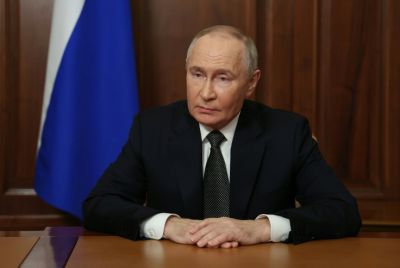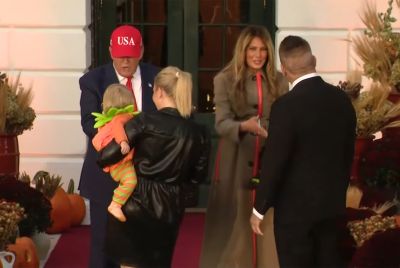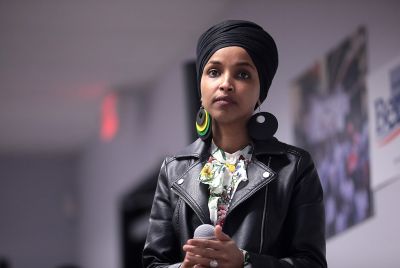Burundi: UN Security Council receives details of assassinations of 22 opposition leaders
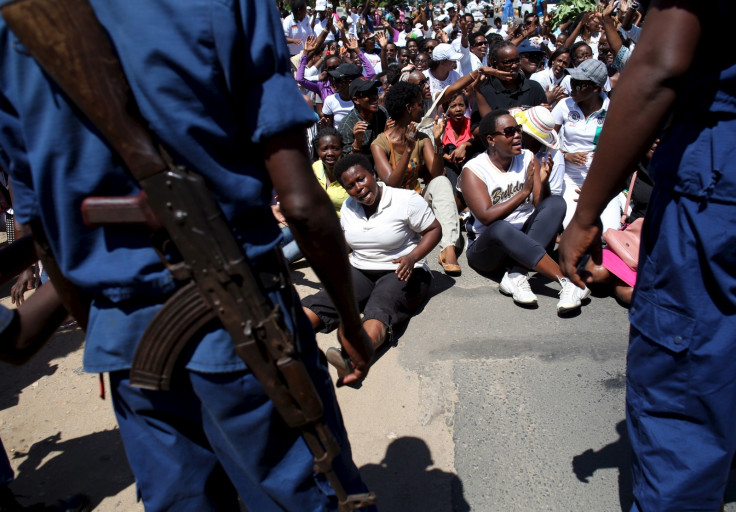
The United Nation's Security Council on Friday 8 May received a file containing the details of the alleged assassinations of 22 figures of the Burundian opposition, IBTimes UK can reveal.
Burundi's civil society lawyer, Belgian attorney Bernard Maingain, said a file - which he managed to sneak out of Burundi - included allegations about a secret service plot to kill those against the President Pierre Nkurunziza's contested third term.
Collaborators of the special adviser to the President, General Adolphe Nshimirimana, whose role is crucial although he is officially no longer the director of intelligence services, came forward on 10 and 11 April, and wrote extensive statements in which they described the supposed involvement of Burundi's intelligence service in mass assassinations of political opponents.
"I have the list of 22 Burundian opponents murdered from 2010 to date as well as the names of all those who committed the assassinations," Maingain said over the phone.
While Maingain does not give details of how these personalities were allegedly murdered, he said he informed the UN that "for each assassination, there is the name of the person killed, the time when he was killed, the opposition party he was affiliated to, the location of the murder and the identity of the one who committed the murder".
After collecting the evidence, Maingain sent the dossier to the UN Security Council, recognising that these witnesses would need protection.
When the UN told the lawyer it couldn't offer this kind of witness protection, he got in touch with NGOs, who raised a small budget and found safe houses "somewhere in Africa".
'Kiribat Operation'
In another case handed to the UN Security Council on 8 May - the day the body met to discuss the situation in Burundi - Maingain disclosed plans by intelligence services to sabotage the opposition.
"This witness also explained how people in power, linked to the Intelligence services, had come up with a strategy to spread violence during civil society protests by discretely introducing armed men among the protesters, who would then fire, and by having a special police force that would act to facilitate a climate of riot and destabilisation so that protesters would then be considered to be terrorists, and protests called a rebel movement," the lawyer explained.
The second witness, who was his immediate superior and a "very high level" within General Nshimirimana's intelligence services, described a plan to destabilise the region by sending members of the Imbonerakure, the pro-Nkurunziza militia, to train in the Democratic Republic of Congo (DRC).
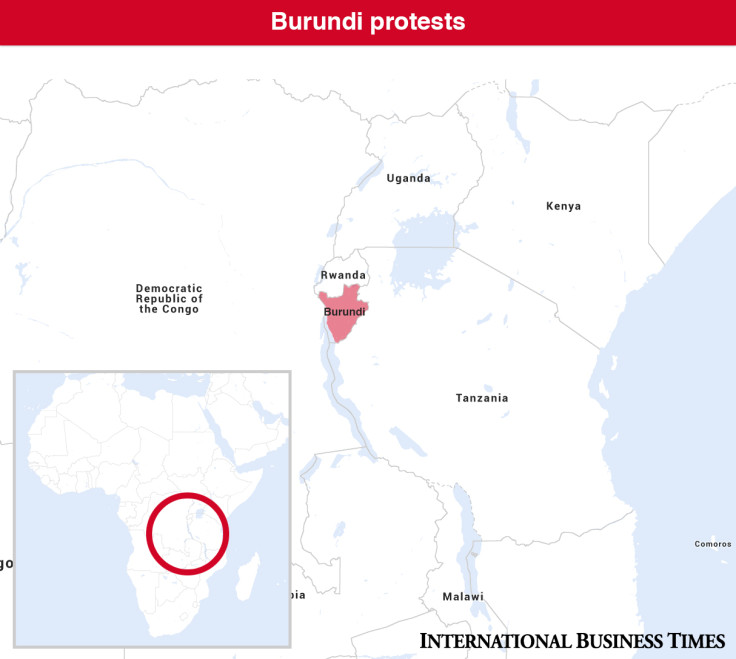
"He gave me extensive details of the 'Kiribat operation', in which young Imbonerakure were went to DRC to train with Democratic Forces for the Liberation of Rwanda (FDLR) - the largest illegal foreign armed group operating in the DRC.
"The whole operation, the witness said, was counting on 'ethnicising' the political situation in Burundi, by "creating false rebellions".
"He gave me the names of those involved. I also received a list of the leaders of the militia Imbonerakure, with a copy of their identity cards."
Arms caches, secret roads and Rwandan militias
The second witness went on describing the alleged plan the Intelligence services had drafted "regarding assassinations without a trace of opponents and leaders of the opposition".
The UN has received the names of those involved in the supposed murders for each province.
Witnesses also confessed how arms that were legally sold to Burundi were being stoked and redistributed among the Imbonerakure. The dossier outlines where the arms caches are located throughout the whole country, the names of those responsible for the management of arms and distribution channels, and the license plate numbers of the vehicles used for the transfer of arms.
According to the lawyer, the two witnesses also denounced the presence of Interahamwe elements - Rwandan genocidal militias which continue to sow terror in eastern Congo where they are refugees - in the service of the Burundian presidency and the ruling party, the CNDD-FDD.
"The Intelligence services had drafted a plan regarding assassinations without a trace of opponents and leaders of the opposition."
- Bernard Maingain
The dossier also includes details of an alleged plan to build a forest road to enable attacks and incursions in Rwanda and "the confidential code used by members of the Intelligence services to communicate over the phone".
All of these documents have been sent to the UN Security Council, the lawyer said, adding that the two witnesses are "ready to cooperate in a serious international inquiry into what is happening in Burundi".
Burundi's government has strongly denied any such allegation.
International investigation into murders
While these are not genocide or war crimes, Maingain said the alleged crimes "should be investigated by traditional, penal courts".
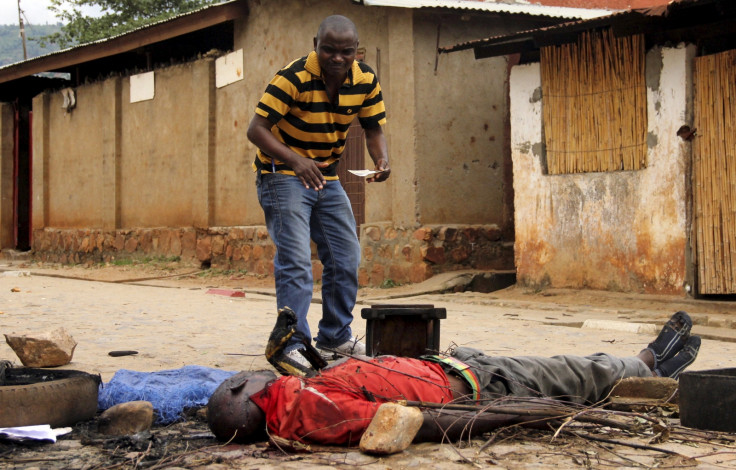
In a state under the rule of law, a similar investigation should be opened and the suspects should face justice.
Juridically, the next step would be to hear the witnesses again, which would typically last one to two months.
However, Maigain said he is "worried about the security of these witnesses" and those in his network who helped him build up the case.
"I am asking for an international commission of inquiry and for the international community authorities to ensure of the quality of the investigators – I know what happens here (in Burundi) and how people can be deceitful about the way they investigate – so that we can stabilise the evidence," he explained from an undisclosed location, where his witnesses are held.
"I've also formally asked the European Union and the UN to help set up a financial system to enable a witness protection programme that would be subcontracted by human rights defence organisations in Burundi."
At the time of publication, the UN had not yet approved such a programme.
© Copyright IBTimes 2025. All rights reserved.



